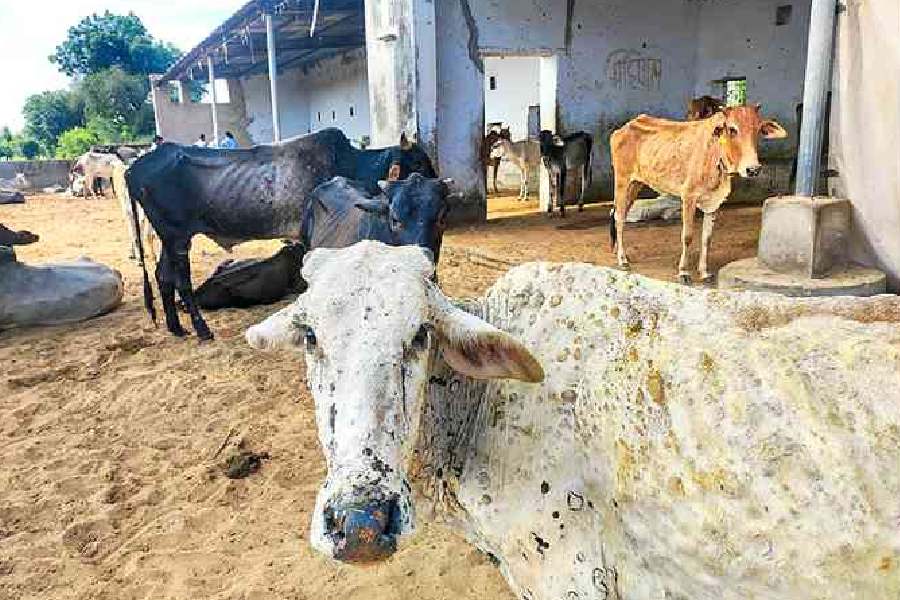The 'Roka Chheka' campaign, aimed at controlling open grazing by animals and protecting kharif crops, will commence this year, just like the previous year.
The campaign, rooted in the state's traditional practices, was initiated by Chief Minister Bhupesh Baghel and has shown promising results. Due to its success, the campaign is being reintroduced this year. The Department of Agriculture has issued guidelines to all district collectors and CEOs of district panchayats, instructing them to implement the 'Roka Chheka' campaign in villages until July 17, considering local conditions.
In Chhattisgarh, the traditional practice of 'Roka Chheka' is followed to control open grazing by animals before the sowing of Kharif crops. This practice involves arrangements made by cattle rearers and villagers, such as tying the animals, to promote crop sowing and protect crops from animal grazing damage. This initiative enables farmers to expedite the sowing process and encourages them to pursue subsequent crops.
The Agriculture Department has issued instructions to continue the 'Roka Chheka' practice, similar to the previous year. According to the guidelines, village-level meetings should be organised by July 17 to conduct the 'Roka Chheka' campaign, taking into account the local conditions.
The establishment of pastures in all operating Gauthans, where fodder is produced, should be completed by July 30. The department has also emphasised the importance of spreading local awareness and ensuring the participation of villagers in this initiative.
The Agricultural Department has instructed the officials to arrange village-level meetings as part of the Roka-Chheka campaign. These meetings will involve the participation of the gram panchayat sarpanch, panchayat members, public representatives, and villagers to collectively decide on measures to protect crops from animal grazing. Additional instructions include regularly bringing animals to Gauthans (dedicated village grazing lands), organising public announcements in the village having Gauthans, and conducting veterinary and health camps in Gauthans to ensure the well-being of animals.
As per the issued instructions, it is advised to convene a meeting of the Gauthan Management Committee to ensure the effective management and care of animals in Gauthans as part of the 'Roka Chheka' practice.
The committee members are urged to actively participate in the meetings, and the committee can be amended with the approval of the minister-in-charge. Furthermore, arrangements should be made to manage animals in Gauthans, including providing ‘Pahatiya’ (shepherds) to oversee their well-being and care.
The Agriculture Department has issued instructions emphasising comprehensive arrangements for animal safety in Gauthans during the rainy season. To address waterlogging issues caused by rainfall, proper drainage systems need to be constructed, and a mud-free area should be provided within the premises for animals to rest comfortably.
The arrangements in Gauthans should be made to protect and store the vermicompost and supercompost so that the rain will not harm the products. The significance of vermicompost for organic farming should be widely promoted, encouraging farmers to utilise the vermicompost produced under the Godhan NYAY Yojana. Sufficient fodder and other essentials should be arranged for the Gauthans. Additionally, farmers should be motivated to commence paddy cultivation in the summer, fostering agricultural growth and productivity.










